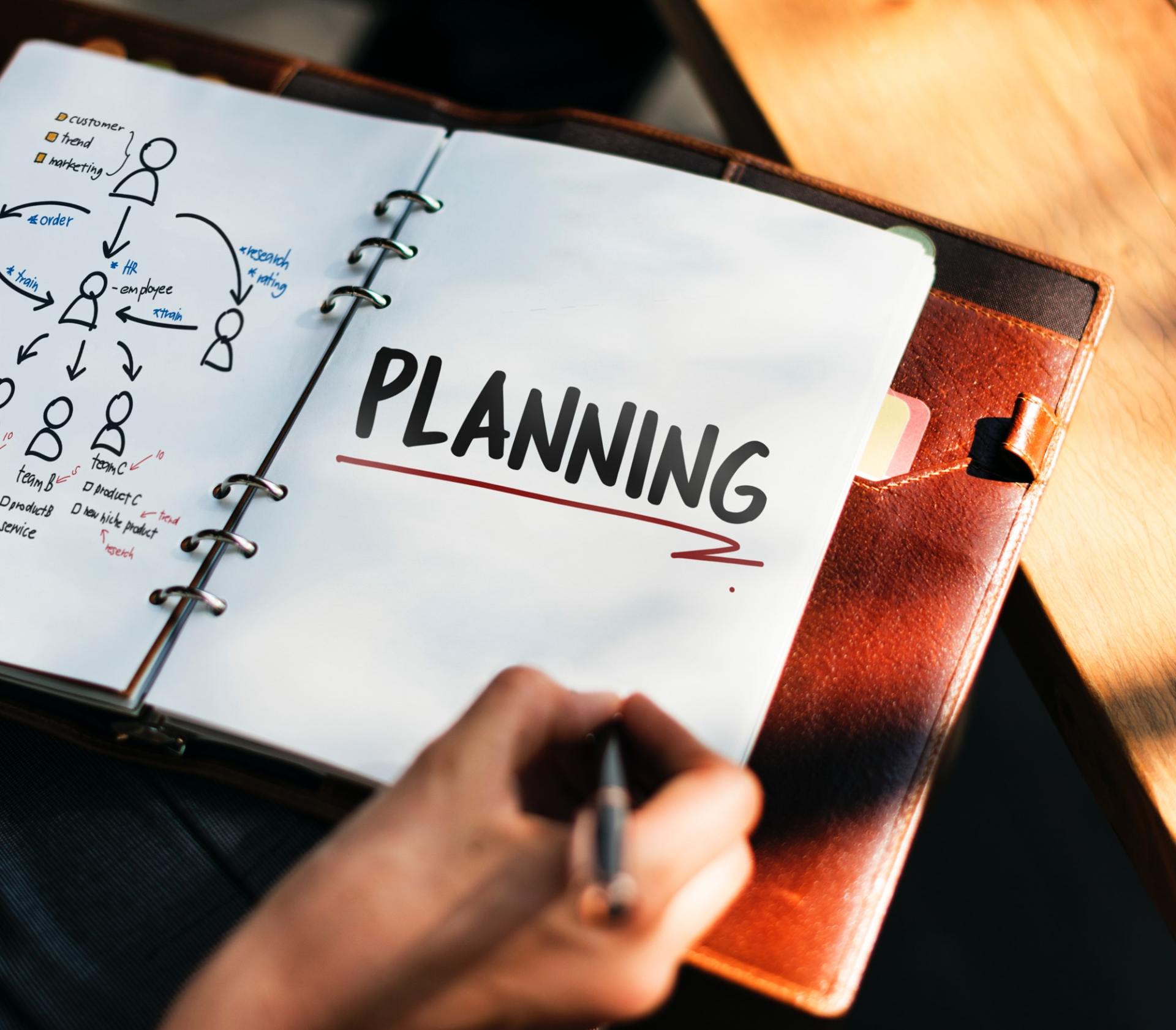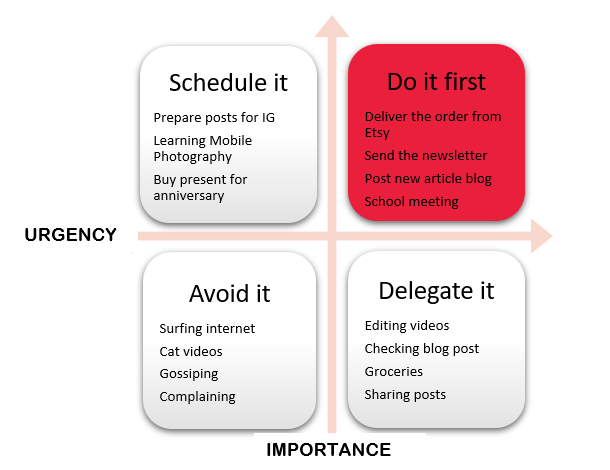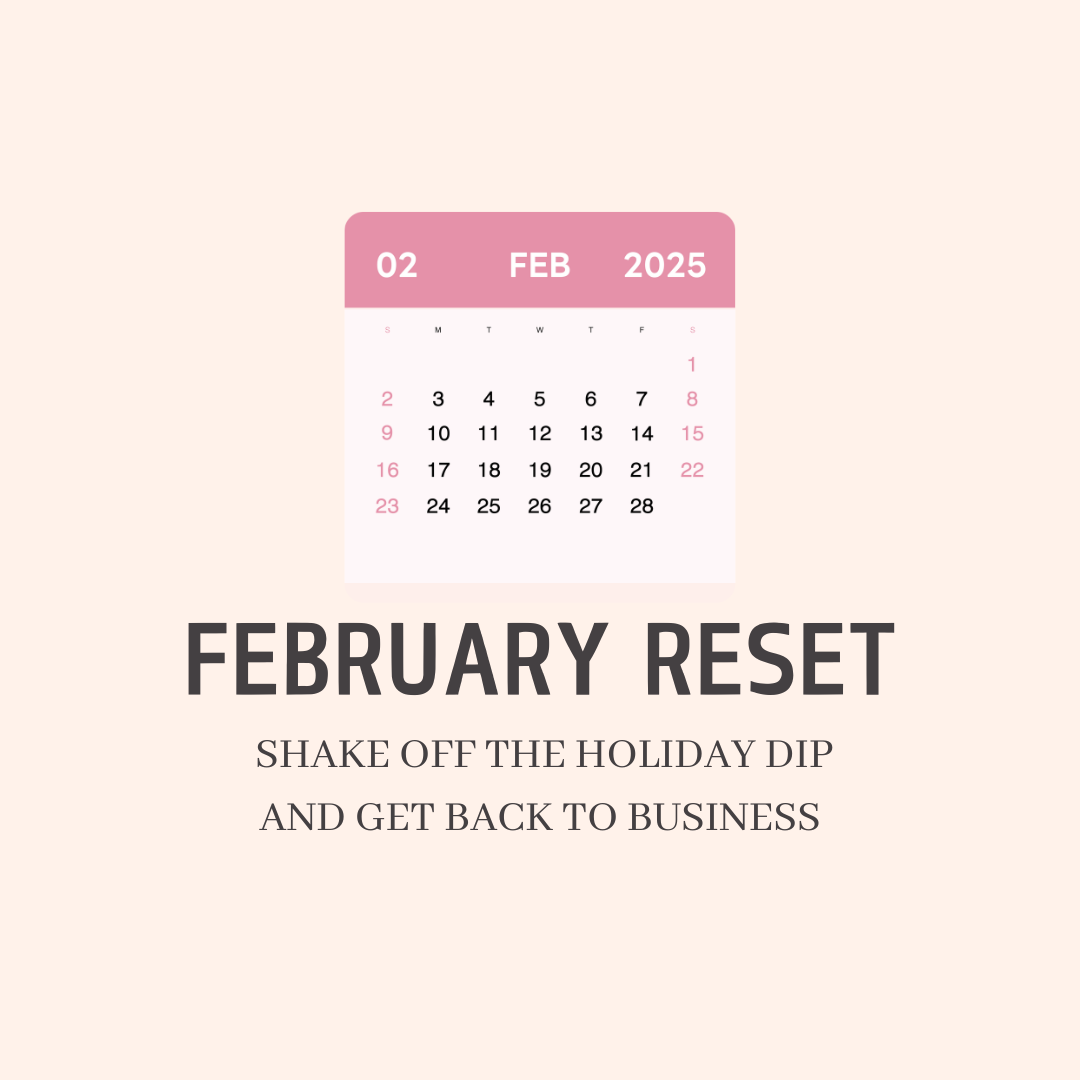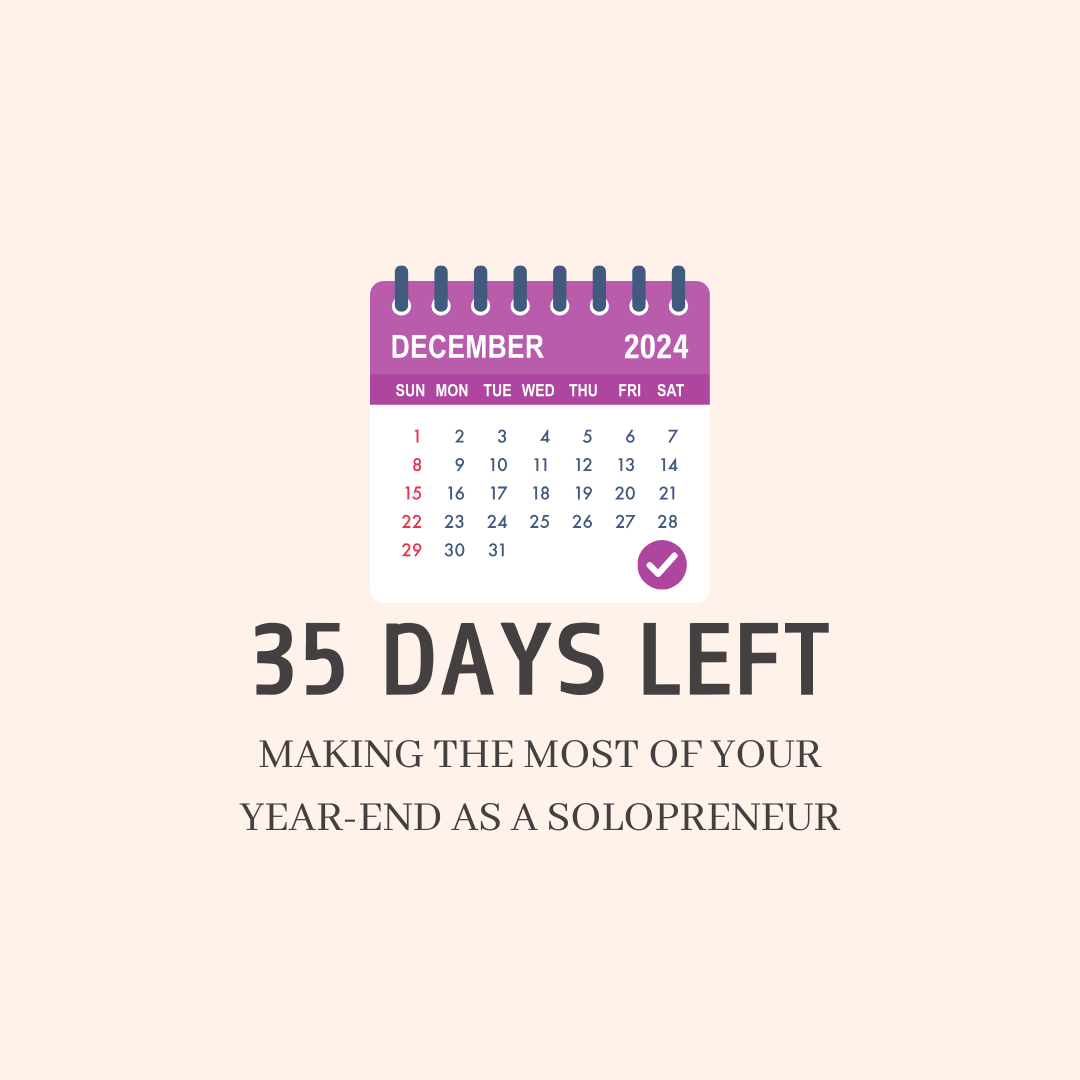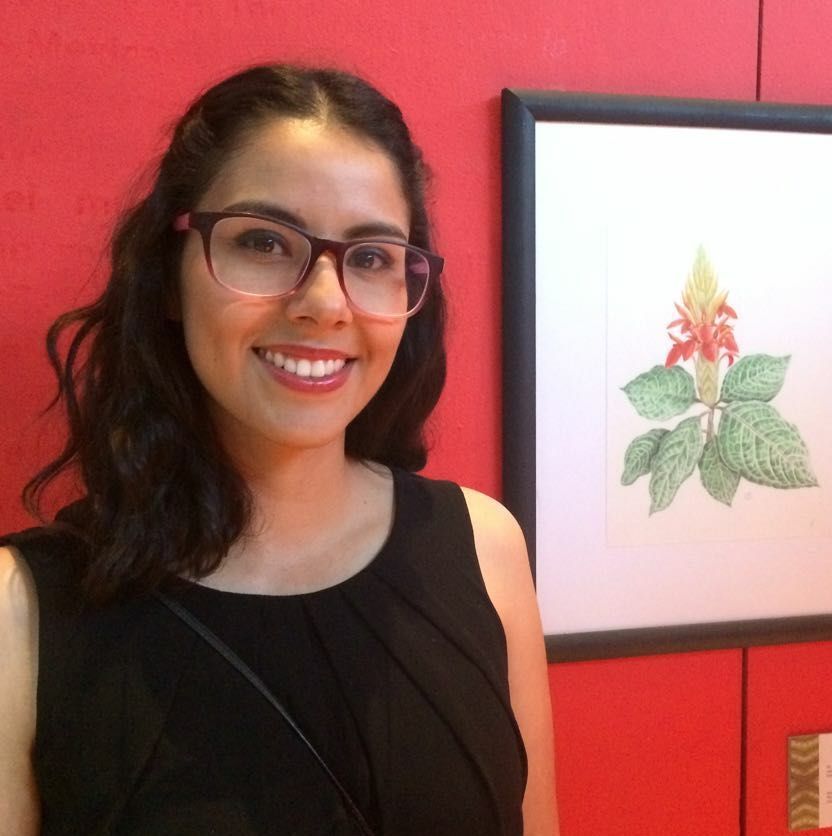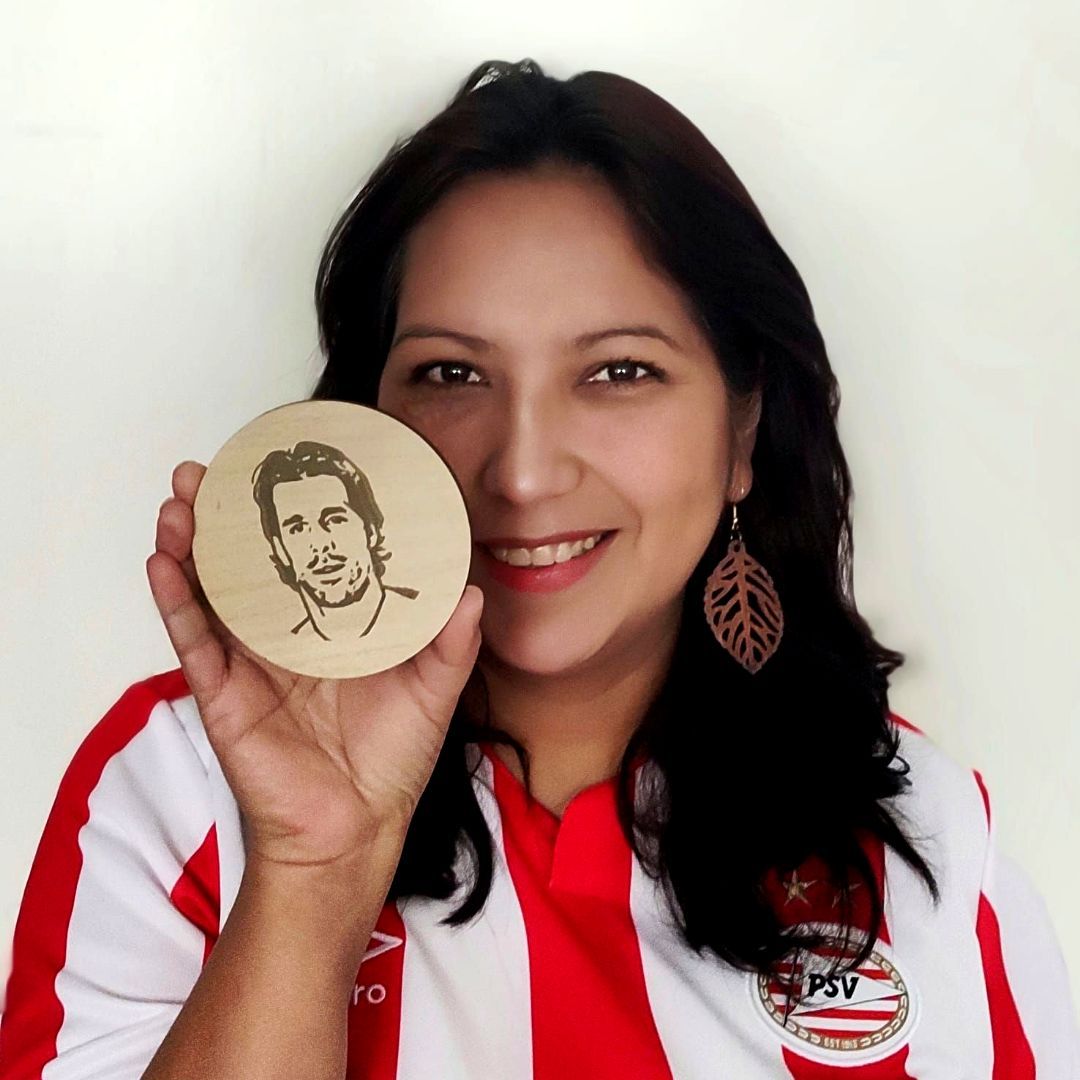5 tips to boost your productivity
Mastering the art of productivity can help you run a thriving small business without sacrificing your personal life. These tips will guide you to start getting things done in an efficient way, so you work smarter not harder!
Tip 1: Clean Your Working area!
Sometimes the desk looks like a battlefield, there is not a square centimeter free, how terrible and how common is this?
We all have heard about creative minds being messy, but honestly it helps a lot when your desk, studio or craft room is clean and organized.
You don’t have to waste time looking for that tape you need or even worse buying it again because you couldn’t find it.
So take 10 minutes a day to declutter your working area, it is totally worthy.
2. Plan Your day!
My favorite tool for time management is the Eisenhower Matrix. It is a framework for organizing your tasks and and it categorizes your work based on 2 factors, urgency and importance.
You can use this daily or weekly and according to your desired results,
1. Important and Urgent: Tackle it immediately
2. Important but not urgent: Schedule it.
3. Urgent but not important: Delegate it.
I like this point because many entrepreneurs work alone, but you can still “delegate” by outsourcing some tasks. You can hire a freelancer to create your videos, or make your website, you can also ask a friend to review your blog article, etc etc.
4. Not urgent and Not important. Avoid or delete it.After you have classified your tasks you can start planning your day. I love trello. I couldn’t do it without it. It’s a visual stream of every task for every project in your business and life. You can plan and execute a new product just as easily as a family vacation.
We have already been talking about Trello in our Wednesdays of apps. There are tons of tutorials and templates so invest some time in this. Put your tasks in Trello and see how your productivity boosts.
Bonus tip: Take a break. A break increases work productivity. You get the opportunity to recharge your energy and a chance to re-focus. It can be a physical pause like walking for 15 minutes or eating a healthy snack, but also can be a moment for meditation or chatting with a colleague or friend for some minutes.
Tip 3. Take care of yourself. Sleep well, do not skip meals and Exercise.
Sleep like a baby. The world has changed and so much is going on nowadays that sleeping seems like a waste of time, how much you are missing while you sleep, kind of FOMO. So people are now sleeping less or they converted into night owls.
There are many studies about sleep and productivity, the conclusion is clear and simple: a good night’s sleep boosts productivity.
Eat well. Eating healthy can not only boost your productivity but also your creativity.
A study published in the British Journal of Health Psychology, studied about 400 young adults over 13 days and found that eating more fruits and vegetables correlated to better well-being and an increased sense of curiosity and creativity.
Dr. Fernando Gómez-Pinilla, a professor in the Departments of Neurosurgery and Integrative Biology and Physiology at UCLA analyzed more than 160 studies regarding the relationship between the brain and food. He says “Food is like a pharmaceutical compound that affects the brain” There is a very interesting article from Artsy discussing this topic including interviews with artists.
Exercise. We all know that exercise can improve your health. It is fundamental to manage your weight and maintain healthy bodily systems. But did you know that exercise can make you more productive?
Daily exercise improves your workplace productivity greatly. You are more alert and have increased energy. According to the American Council of Exercise, when you do physical activities you increase your blood flow to the brain so you sharpen your awareness. Exercise also triggers a protein called BDNF (brain-derived neurotrophic factor) which boosts your cognitive abilities.
But yes, sometimes we are very busy or lazy, but there easy routines that you can so at home to stay healthy and boost your productivity like the one from Oksana Karkhut , a very creative woman within our community and certified personal trainer. Her 15 minutes daily routine is really fantastic. Some of us have already started it.
Tip 4. Unplug
We have never been more connected. No matter where you are, customers, colleagues, friends and family can still reach you. This is incredibly valuable, but sometimes we need to take a step back; unplug from social media, technology and connect with life again, with our families, friends, ourselves and of course have enough time to design, create, make and succeed.
We have all experienced those days when we are sitting at our desk with a long list of things to do, and yet somehow hours later we realize that we haven’t done much, aside from checking our emails 5 times, sharing a video on facebook, and instant messaging everyone we know.
So let's practice a few things to get more productive
• Schedule the times you check your email, and limit this to 2 to 3 times per workday.
• Turn off all notifications; alarms, instant messages, email notifications, and any other notifications that will pop up and distract you from your work. It seems drastic and terrible, like leaving a baby crying in a locked room.. but just give it a try, it will be fine; Without notifications we are able to assign a time to the tasks that are on our schedule.
• Use Third Party Applications to Post on Social Media. You can plan this weekly, every two weeks, or even monthly. So you can dedicate one day to planning your posts and this in effect will save you more time, rather than working on it everyday. There are several apps that help, such as hootsuite, later or buffer.
Tip 5. Don’t Multitask
Some time ago, I watched an episode of brain games about multitasking, It is harder than you think, actually very few people in the world can actually multitask with good results.
Dr. David Strayer, a professor of psychology at the University of Utah, had been studying attention, he believes that there is a tiny but persistent subset of the population—about two per cent—whose performance does not deteriorate, and can even improve when multiple demands are placed on their attention.
Countless studies have been conducted to determine the impact of multitasking on the brain and productivity. A 2009 Stanford University study from Clifford Nass found that heavy multitaskers were less mentally organized, struggled at switching from one task to another, and had a hard time differentiating relevant from irrelevant details.
Multitasking is a weakness, not a strength . So stop trying to juggle ten different tasks or bouncing back and forth between tasks every other minute or so, instead of that dedicate chunks of time to a certain task. For example, spend 20 minutes posting and commenting on social media and then move on to your next assignment for 20 minutes, and so on. Remember to plan your day in chunks of time.

